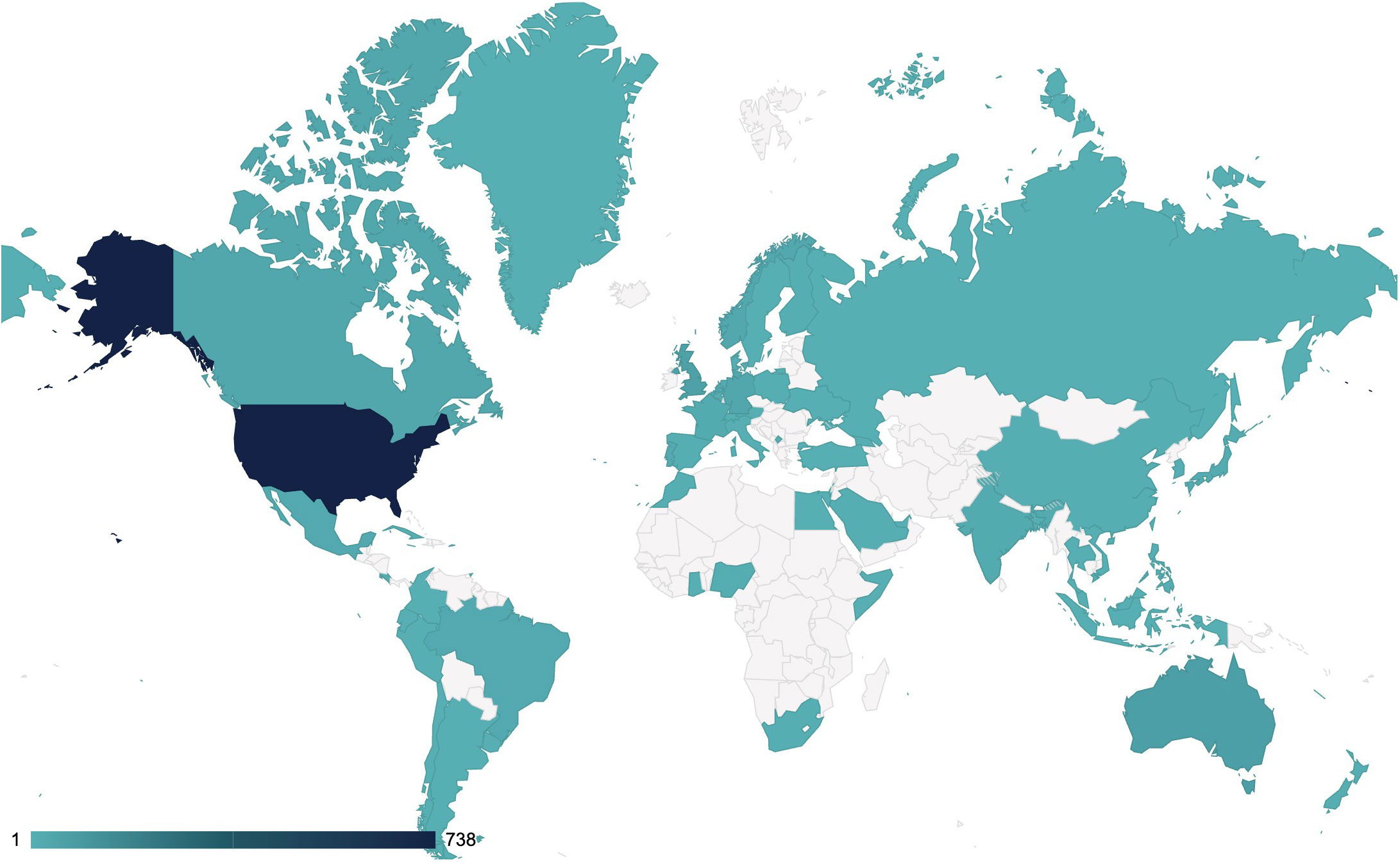Ocean Observation: Community Case Study
Volume 10, October 6, 2023
Randi D. Rotjan1*, Katherine L. C. Bell2*, Julie A. Huber3, Charles Geoffrey Wheat4, Andrew T. Fisher5, Rosalynn Lee Sylvan6, James McManus6, Katharine T. Bigham7,8, Sergio Cambronero-Solano9,10, Tristan Cordier11, Savannah Goode7,8, Juliana Leonard12, Sheryl Murdock13, Fabiana S. Paula14, Leandro Ponsoni15, Adela Roa-Varón16, Sarah Seabrook8, Russell Shomberg17, Loïc Van Audenhaege18, Beth N. Orcutt6
1Boston University, 2Ocean Discovery League, 3Woods Hole Oceanographic Institution, 4University of Alaska Fairbanks, 5University of California, Santa Cruz, 6Bigelow Laboratory for Ocean Sciences, 7Victoria University of Wellington, New Zealand, 8NIWA, New Zealand, 9Universidad Nacional, Costa Rica, 10Colectivo Internacional Pelagos Okeanos, Costa Rica, 11NORCE Norwegian Research Centre, 12University of Vienna, 13Bermuda Institute of Ocean Sciences, 14University of São Paulo, 15Flanders Marine Institute, 16NMNH, Smithsonian Institution, 17University of Rhode Island, 18University of Brest, CNRS, Ifremer
Leading deep-sea research expeditions requires a breadth of training and experience, and the opportunities for Early Career Researchers (ECRs) to obtain focused mentorship on expedition leadership are scarce. To address the need for leadership training in deep-sea expeditionary science, the Crustal Ocean Biosphere Research Accelerator (COBRA) launched a 14-week virtual Master Class with both synchronous and asynchronous components to empower students with the skills and tools to successfully design, propose, and execute deep-sea oceanographic field research. The Master Class offered customized and distributed training approaches and created an open-access syllabus with resources, including reading material, lectures, and on-line resources freely-available on the Master Class website (cobra.pubpub.org). All students were Early Career Researchers (ECRs, defined here as advanced graduate students, postdoctoral scientists, early career faculty, or individuals with substantial industry, government, or NGO experience) and designated throughout as COBRA Fellows. Fellows engaged in topics related to choosing the appropriate deep-sea research asset for their Capstone “dream cruise” project, learning about funding sources and how to tailor proposals to meet those source requirements, and working through an essential checklist of pre-expedition planning and operations. The Master Class covered leading an expedition at sea, at-sea operations, and ship-board etiquette, and the strengths and challenges of telepresence. It also included post-expedition training on data management strategies and report preparation and outputs. Throughout the Master Class, Fellows also discussed education and outreach, international ocean law and policy, and the importance and challenges of team science. Fellows further learned about how to develop concepts respectfully with regard to geographic and cultural considerations of their intended study sites. An assessment of initial outcomes from the first iteration of the COBRA Master Class reinforces the need for such training and shows great promise with one-quarter of the Fellows having submitted a research proposal to national funding agencies within six months of the end of the class. As deep-sea research continues to accelerate in scope and speed, providing equitable access to expedition training is a top priority to enable the next generation of deep-sea science leadership.

